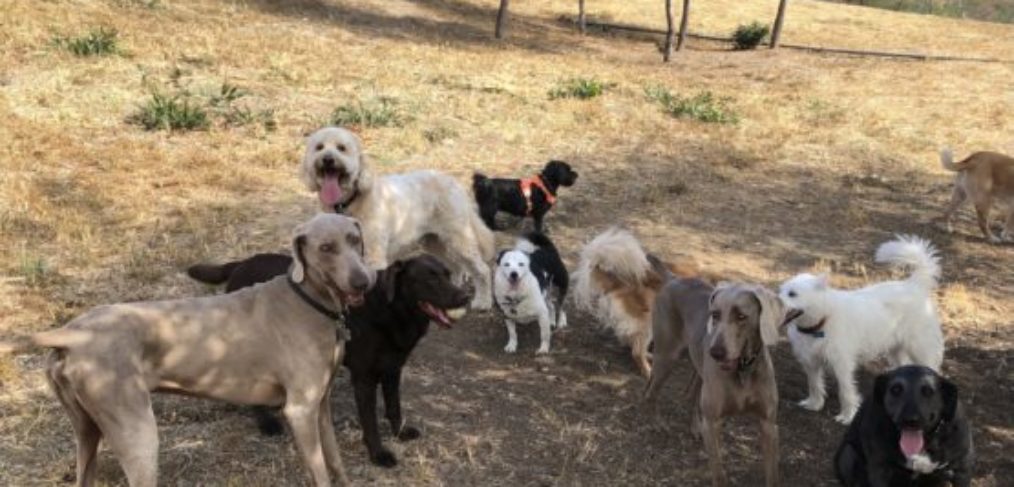CAN HAVING PETS BOOST GUT HEALTH ?

It’s no surprise that having a pet is good for mental health.
They give us unconditional love, they are always there when we need an ear (without offering unsolicited advice), can reduce stress, anxiety, and depression, ease loneliness, encourage exercise and playfulness, and even improve your cardiovascular health.
Caring for an animal can help children grow up more secure and active and pets also provide valuable companionship for older adults.
Nothing new here, but did you know that having a pet also helps with our gut health?
Over the past year, we’ve seen surges in the recommendations to wash our hands; this is simple common sense, as well as to increase the use of hand sanitizers with the overall goal of removing bacteria and ‘germs’.
Not only can this actually work against our goal of achieving optimal health as some of the ingredients in the most popular hand sanitizers have been linked to various types of cancer ( triclosan can displace estradiol from its receptors and potentially increase exposure to estradiol, which has been a risk factor identified for the development of breast and ovarian cancer (1), ridding our environment of all bacteria isn’t necessarily the way to go.
Unless your pet is a strictly indoor cat or dog, those of us who are pet parents know there’s no end to the amount of dirt (amongst other things) our fur children bring into our homes, our floors, our sofas and perhaps our beds.
Aside from creating a messy appearance, which is easily cleaned up, by the way, allowing the assorted organisms they bring in actually help to diversify our own, thereby strengthening our guts, our family’s guts and increasing everyone’s immune system as a whole.
Yes, dogs and cats both have their own delicate gut microbiomes to support, just like us, and for all parties, supporting and nourishing the good bacteria by eating the right foods, including probiotics (such as Fidospore for pets), keeping clean but not overdoing it by attempting to disinfect ourselves or our surroundings, keeping hydrated and getting proper rest is all part of the picture for woman (or man) and dog (or cat) alike.
Remember, good bacteria lining your gut or the microbiota, interact with both the epithelial cells lining the gut and cells of the immune system which helps balance the immune responses while also protecting the gut from unwanted inflammation (3).
If you’re scratching your head wondering how you’re going to get your dog or cat to include more gut health boosting foods into his or her routine, worry not; many of the same foods that boost our gut health do the same for theirs:
- Fermented food such as Sauerkraut, kimchi, yogurt, kefir, apple cider vinegar and (4).
- Bone broth; packed with vitamins and minerals, it’s also a good source of protein, glycine, collagen, and glucosamine. It’s also hydrating. Plus, dogs tend to like the flavor and find it easy on their GI systems (5).
- A real, raw food diet. Many good options are now available commercially; alternatively, you can also take the DIY approach using Dr. Pitcairn’s Complete Guide to Natural Health for Dogs & Cats.
- Exercise is so important for your dog’s healthy bacteria, even if they aren’t doing the running. Weight management plays a big role in your dog’s gut health; dozens of studies have found a correlation between obesity and imbalanced gut microbiomes. Additionally, exercise releases feel-good hormones in your dog’s body (6).
Not too different from the recommendations we humans can choose to implement; choose being the key word!
We choose not only what we feed ourselves, but what we feed our dogs and cats, be it helpful or not.
In some instances, pet owners who struggle with their own health and weight, may find their pets following the same path. It’s easy to see why giving too many treats to a pet in an attempt to soothe or comfort them from a pet parent who uses food for the same purpose in their lives may have become a practice in someone’s home without taking a step back to notice it.
But the good news is that both can be changed and new habits formed starting today.
And it’s even easier to create a healthy eating path for a pet since we’re 100% in charge of what they eat (aside from what they might find on their next off-leash trail run!)
(1) https://www.cancertherapyadvisor.com/home/cancer-topics/general-oncology/triclosan-and-cancer-risk-is-there-a-link/
(2) https://microbiomelabs.com/register/?ref=Paleoista
(3) https://www.ncbi.nlm.nih.gov/pmc/articles/PMC3337124/
(4) https://www.animalbiome.com/blog/10-ways-to-shape-your-dogs-gut-health-digestion
(5) https://www.rover.com/blog/bone-broth-for-dogs-benefits-how-to/
(6) https://www.animalbiome.com/blog/how-to-support-your-dogs-gut-health





